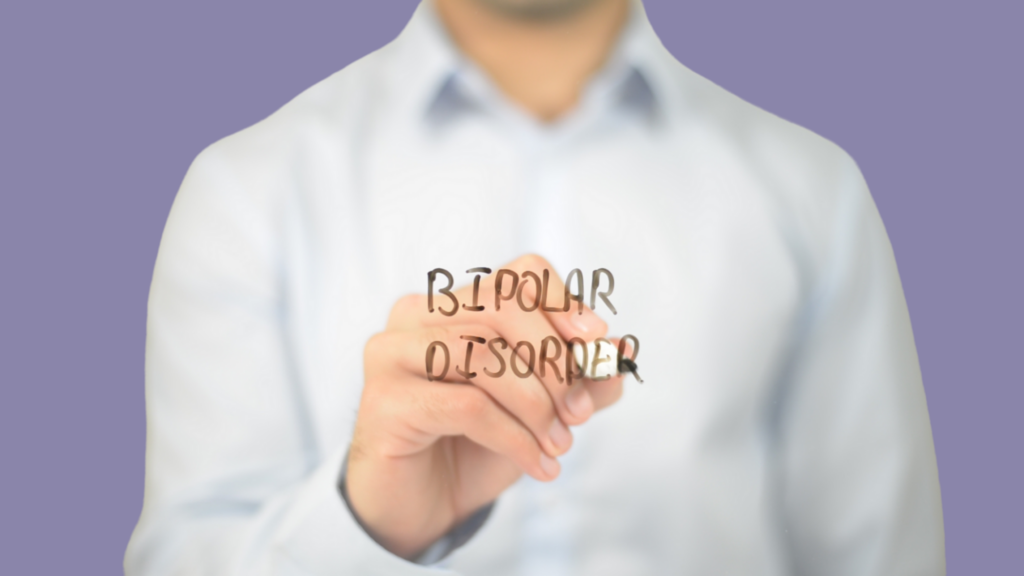

Adult life is filled with responsibilities that can seem overwhelming. From work and personal relationships to managing a household, we all have moments when we may feel disorganized or forgetful. But what happens when these instances start to become more frequent and begin to interfere with your daily life? Could it be possible that you have developed Attention-Deficit/Hyperactivity Disorder (ADHD) as an adult?
ADHD is generally considered a developmental disorder, and the condition is often identified in childhood. Studies show that approximately 40-60% of children with ADHD continue to experience symptoms into adulthood.
Some adults experiencing symptoms of ADHD, however, may never have been diagnosed with the condition as a child. Certain studies suggest that in addition to childhood-onset ADHD, there may be a type of late-onset ADHD that begins in adulthood. However, other studies argue that adults who seem to develop ADHD later in life actually had the condition in childhood, but it was unrecognized or undiagnosed. These individuals may have been able to manage their symptoms adequately in childhood but experience greater stressors in adulthood that make their symptoms more salient. ADHD symptoms can also sometimes be overlooked in children, particularly in girls and those without the hyperactive component of ADHD.
There is still much to learn about this topic, and research is ongoing. What we do know for certain, however, is that adults can experience symptoms of ADHD, and those with the condition can benefit from appropriate treatment. In this blog, we will explore some of the signs and symptoms of adult ADHD as well as treatment options for those with this condition.
Understanding the Symptoms of Adult ADHD
ADHD is a neuropsychiatric condition that results in symptoms of inattention, impulsivity, and restlessness. While everyone has trouble paying attention from time to time, in ADHD the symptoms are persistent and can significantly impact a person’s life, including relationships, work performance, and self-esteem.
Symptoms of ADHD in adults can include:
- Inattention, such as difficulty paying attention to details, often forgetting things like appointments or obligations, or difficulty completing tasks
- Hyperactivity, including feeling restless or fidgeting
- Impulsivity, including making decisions without considering the consequences
- Emotional dysregulation, such as irritability, angry outbursts, and low frustration tolerance
If you have been experiencing these symptoms persistently and they are affecting your quality of life, the first step is to talk with a mental health professional. They can help you understand your symptoms, offer a diagnosis if appropriate, and guide you towards effective treatments.
What to Do if You Think You Have ADHD
If you think you might have ADHD, talk to a mental health provider. At Geode Health, our team of experienced clinicians can support you through this process. Your provider will assess your symptoms and determine if you meet the criteria for diagnosis. If you have ADHD, your Geode provider can discuss options of both talk therapy and medication management to treat your symptoms.
Can Therapy Help Adults with ADHD?
Various types of therapy, including cognitive-behavioral therapy and mindfulness-based approaches, have been shown to help manage ADHD symptoms in adults. In therapy, individuals with ADHD can better understand their symptoms and learn skills such as time management, organization, and planning that improve their functioning in everyday life.
It is important to remember that therapy is a journey. You might find that you benefit from therapy in multiple ways at different points in your life. Developing a relationship with a trustworthy team of providers can make getting the help you need easier and more accessible. If you are feeling overwhelmed or struggling to cope with daily life, a therapist can help you work through your concerns and find healthy ways to manage life’s challenges.
Do You Need Medication for ADHD?
The decision of whether to take medication for ADHD is a personal one and depends on a variety of factors, including the severity of your symptoms, how much they interfere with your daily life, and your personal comfort with medication.
Medication can be an effective tool in managing ADHD symptoms for many people. Common medications for ADHD include stimulants such as amphetamines or methylphenidate, or non-stimulant alternatives. Studies show that the combination of therapy and medication may be more effective than either treatment alone.
At the same time, not everyone wants to take medication. Talk therapy, mindfulness techniques, lifestyle changes, and other non-pharmacological interventions can also be helpful in managing ADHD symptoms. At Geode Health, we believe in personalized treatment plans that consider the unique needs and circumstances of each individual. Your provider can have an honest discussion with you about the benefits and risks of ADHD medication and how this might fit into your overall treatment plan.
Talking to a Mental Health Provider About Adult ADHD
While ADHD is often diagnosed in childhood, some adults might start experiencing symptoms later in life, or they may have been living with the condition but never received a formal diagnosis. Either way, help is available, and you do not need to navigate these challenges alone. Our team at Geode Health is here to provide compassionate, confidential, and personalized support, whether in-person or virtually.


